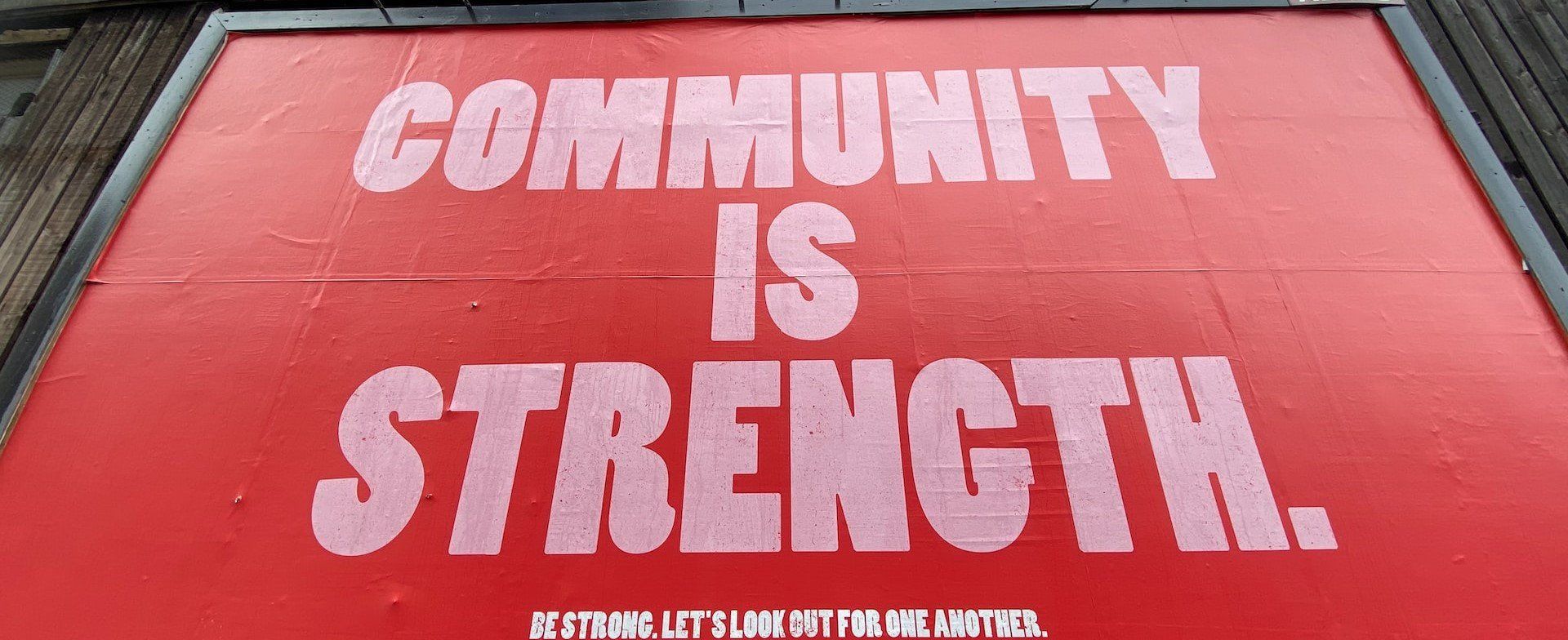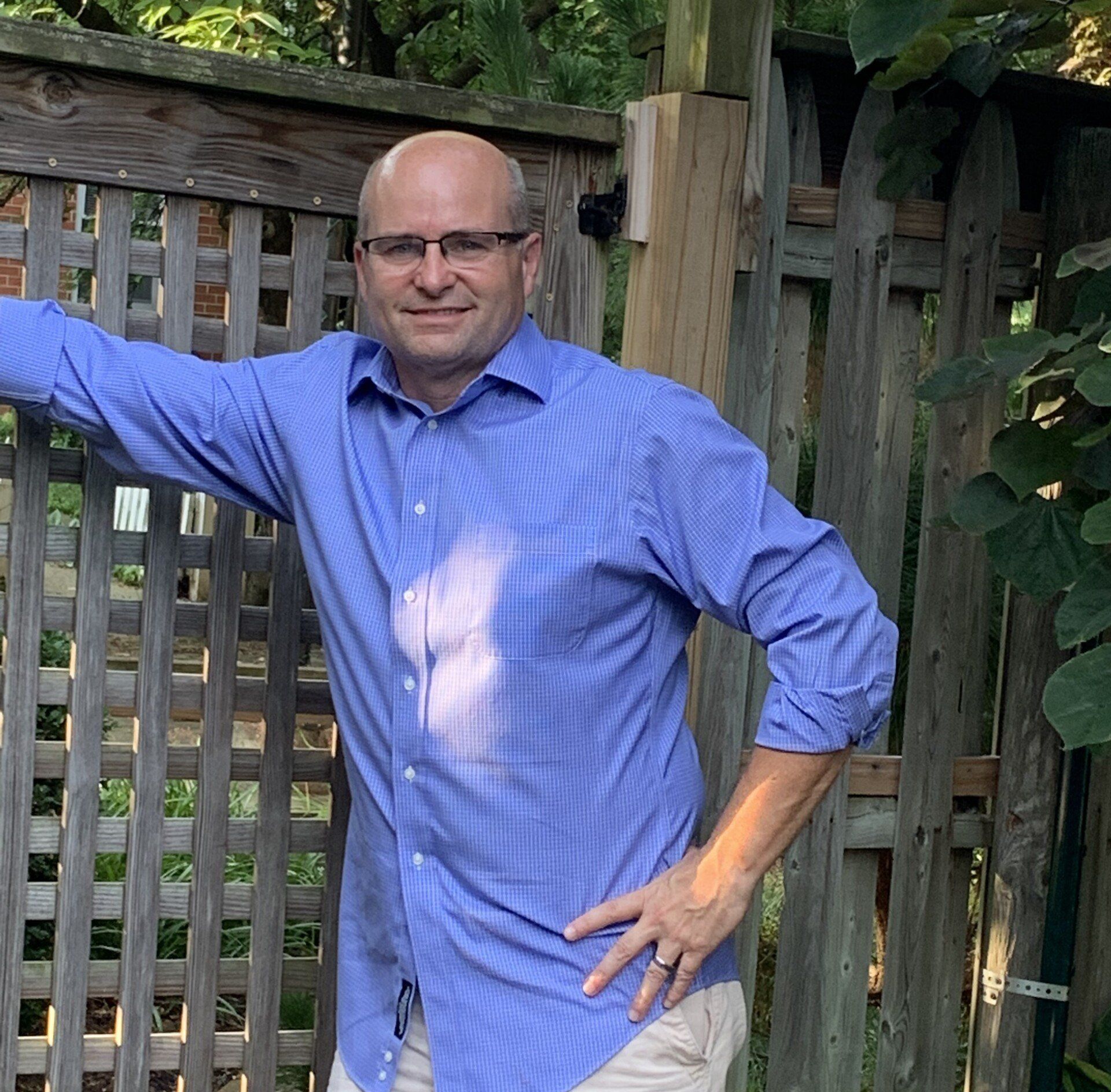Learn more about my book "The Courageous Ask"
The Vital but Sticky Part of Serving on a Nonprofit Board of Directors
In the world of
nonprofit board responsibilities, treating the executive in a way that allows them to be human must be elevated. If an executive is not successful personally as well as professionally, the organization will eventually suffer.
It is easy to list “accountability of the executive” or “executive evaluation” on a list of board responsibilities. It is even easier to then follow with a list of particular points of accountability and parameters for their performance.
For board members, it gets harder when they have to evaluate the executive on performance goals that are not tangible or numbers oriented.
It’s so easy to analyze data points and financial goals. Most of these are simply black and white, success or failure. Holding a leader accountable to a set of parameters is so much easier than getting down in the muck of their personal life.
But most of the time the muck is where leadership falls find their origin. And the issues ultimately end up in the lap of the board. This is where it gets sticky and uncomfortable for board members.
(This article is the fifteenth in a series that focuses on starting a conversation centered on preventing the fall of nonprofit leaders. I write it from a Christian perspective, but all leaders will benefit. Be sure to sign up to receive these articles via email every Tuesday at
briankreeger.com.
In addition to receiving these articles two days before they hit social media, you will receive the Contents, Introduction and the Appendix (My story) of my upcoming book,
The Courageous Ask: A Proactive Approach to Prevent the Fall of Christian Nonprofit Leaders.)
Some would say that the personal life of an executive should not be taken into consideration when measuring the effectiveness of that leader while evaluating their performance.
But the personal life of an executive is going to affect their performance.
Who a person is—the way they were brought up, their education, their faith life, their life experiences, etc.—forms the foundation of that leader and made them who a board chose to lead their organization. That is very personal.
The reason a board chooses a particular executive cannot just be found on the sheets of paper we call a résumé. If that were true, there would be no reason for interviews.
When a board conducts interviews, they are looking for character and personality. They are looking for indicators of proper application of the skills they found in the résumé. They are searching to see if this person can create or maintain the desired culture, and so on. These are mostly intangible and without measurable performance indicators.
This begs the question, if we are hiring someone based on their professional capabilities as well as their personal traits that will help drive the organization forward in a way we desire, why are we not nurturing and monitoring that humanness? It’s hard. It’s sticky.
Yet, it has to be done, or we risk the organization’s well-being. Board members have to ask themselves if they have the courage to do the uncomfortable: To consciously, purposefully engage the leader in an effort to protect them from being in a position, no matter how they got there, that jeopardizes the organization; to value the leader as a human being, allow them to be vulnerable, and even fallible. To dig deep
with them, and help protect them from attacks, even attacks that they seemingly initiate.
As we have already reviewed, the costs to a board are quite high when they are not being proactive in helping to protect an executive from the temptations that may leave them as a shell of themselves.
Hopefully, those who take a hard-line approach and desire to stick with the tangible parameters of accountability are now seeing what I see and many have experienced: without a conscious effort by the accountability structure as a whole to care for the leader in a responsible but personally compassionate way, the personal issues that are harbored by many executives will end up in the lap of the board.
It’s really hard to be critical of boards when it comes to this kind of thing because this is just how things have always been done in the nonprofit world.
But a fundamental change must take place.
In too many cases, because the executive leader was called and has shown great faith in carrying out their work, the board feels that the executive is shielded from the same practical concerns about life that they themselves have. Somehow this is all part of the supernatural calling and provision of God. And that somehow makes it okay.
That is not always consciously done. Board members are living their own lives, dealing with their own life issues. They are almost always volunteers, for Pete’s sake.
My hope, though, is to raise the level of sensitivity toward the individual executive personally to the level of any other responsibility a board member has in fulfilling their fiduciary duty.
Again, these are pretty strong statements. Pretty strong until you consider that the fall of a nonprofit organizational executive can be as damaging to the organization as any failure listed in the duties of a board of directors or in an executive job description.
What hurts an organization more: missing the year-end budget by 20 percent or the organization experiencing the ugly, public fall of their executive? Should be an easy answer.
A board cannot afford to knowingly allow a fall to happen, even if its prevention is sticky.
Taking a proactive approach in developing a solid relationship between the board and executive is an absolute key in the prevention of a fall. Sometimes the level of that relationship can even be deep enough that the board finds they may be saving the leader from themselves.
It can happen.
It’s time to open up the conversation.
Next week I will write about the duty of an accountability structure to help save a leader from themselves.
Be sure to sign up to receive these articles via email every Tuesday at
briankreeger.com. In addition to receiving these articles two days before they hit social media, you will receive the Contents, Introduction and the Appendix (My Story) to my upcoming book, The Courageous Ask: A Proactive Approach to Prevent the Fall of Christian Nonprofit Leaders.
Brian@briankreeger.com
#Leadership Fall #Leadership Survival #Nonprofit Relationships #Proactive Approach #Leadership Struggles #Leadership Battles #Christian Executive Leader #Christian Leader #Board of Directors #Courageous Ask






